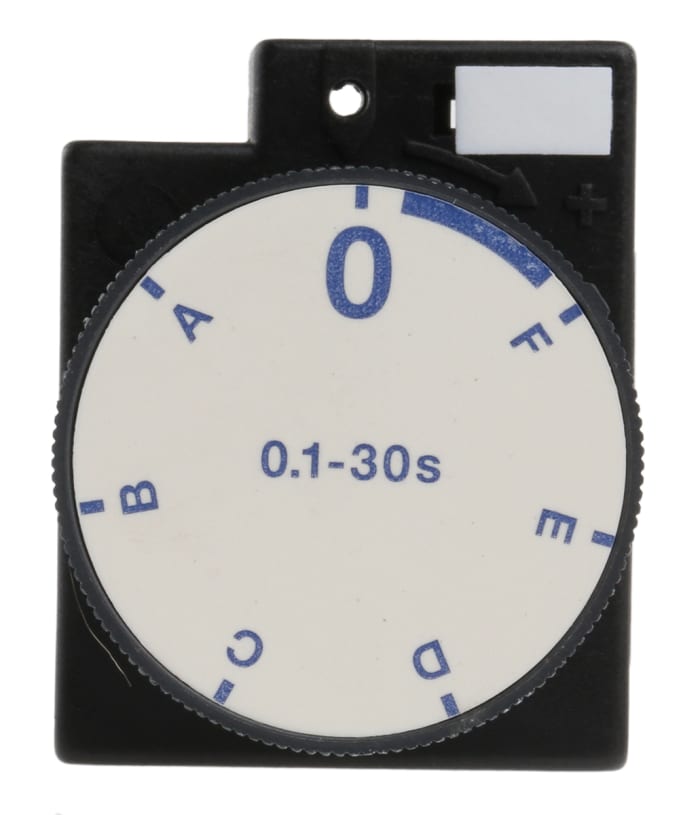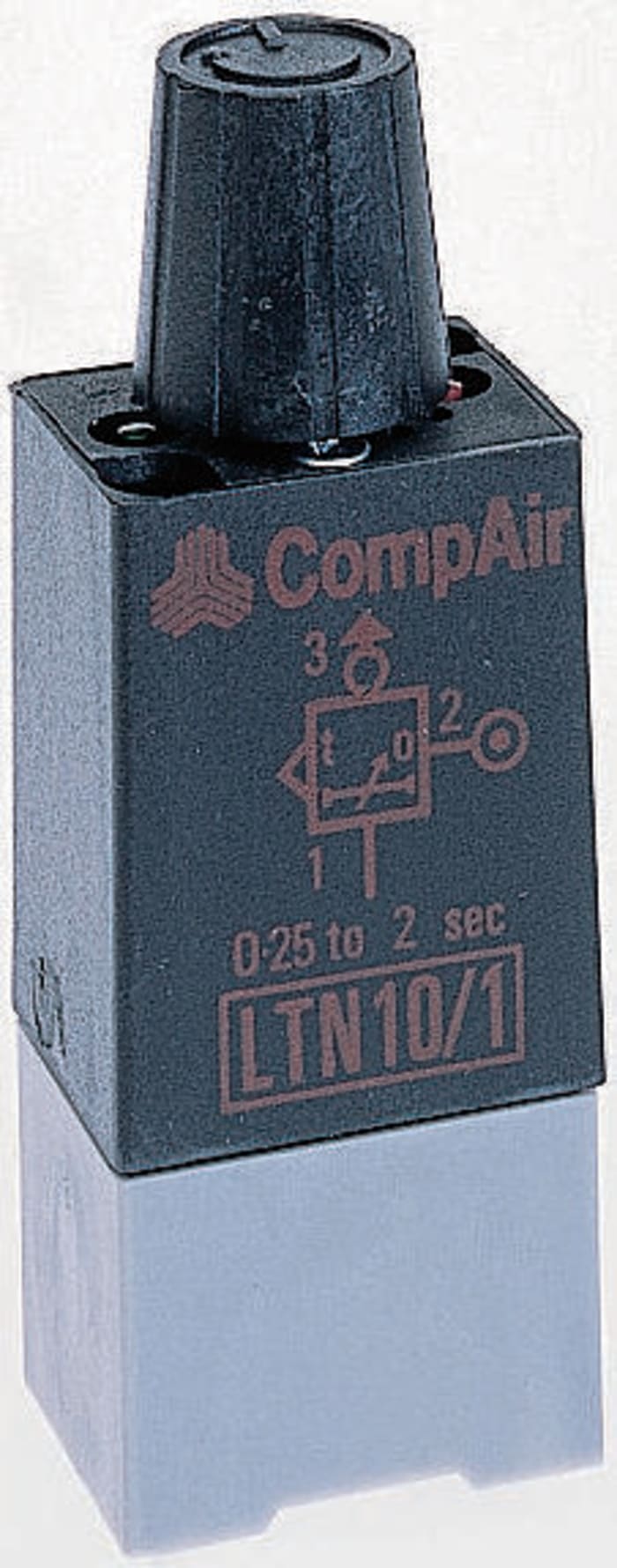Tehnička dokumentacija
Tehnički podaci
Brand
ParkerMaximum Time
180s
Minimum Time
10s
Maximum Operating Temperature
+60°C
Manufacturer Series
PRT
Minimum Operating Pressure
3bar
Maximum Operating Pressure
8 bar
Minimum Operating Temperature
-15°C
Detalji o proizvodu
Timer Module
A pneumatic timer consists of a solenoid coil/core, operating spring, timing disk, filter and diaphragm. The core moves up into the coil when it has been energized and this leads to pressure on the diaphragm. The diaphragm moves into the top chamber which un-traps the air through the timing disk. By altering the needle valve you can adjust the amount of delay.
Logic Systems
Logic units are best thought of as miniature valves, whose purpose is to influence the behaviour of larger power valves. They achieve this by producing and receiving output and input signals, using the common air supply. In this way, they are able to monitor and control a whole sequence of operations with great accuracy and repeatability.
KM 635,15
KM 635,15 Each (bez PDV-a)
KM 743,12
KM 743,12 Each (s PDV-om)
1
KM 635,15
KM 635,15 Each (bez PDV-a)
KM 743,12
KM 743,12 Each (s PDV-om)
1
Informacije o stanju skladišta trenutno nisu dostupne.
Provjerite ponovno kasnije.
| količina | Jedinična cijena |
|---|---|
| 1 - 4 | KM 635,15 |
| 5+ | KM 618,42 |
Tehnička dokumentacija
Tehnički podaci
Brand
ParkerMaximum Time
180s
Minimum Time
10s
Maximum Operating Temperature
+60°C
Manufacturer Series
PRT
Minimum Operating Pressure
3bar
Maximum Operating Pressure
8 bar
Minimum Operating Temperature
-15°C
Detalji o proizvodu
Timer Module
A pneumatic timer consists of a solenoid coil/core, operating spring, timing disk, filter and diaphragm. The core moves up into the coil when it has been energized and this leads to pressure on the diaphragm. The diaphragm moves into the top chamber which un-traps the air through the timing disk. By altering the needle valve you can adjust the amount of delay.
Logic Systems
Logic units are best thought of as miniature valves, whose purpose is to influence the behaviour of larger power valves. They achieve this by producing and receiving output and input signals, using the common air supply. In this way, they are able to monitor and control a whole sequence of operations with great accuracy and repeatability.


